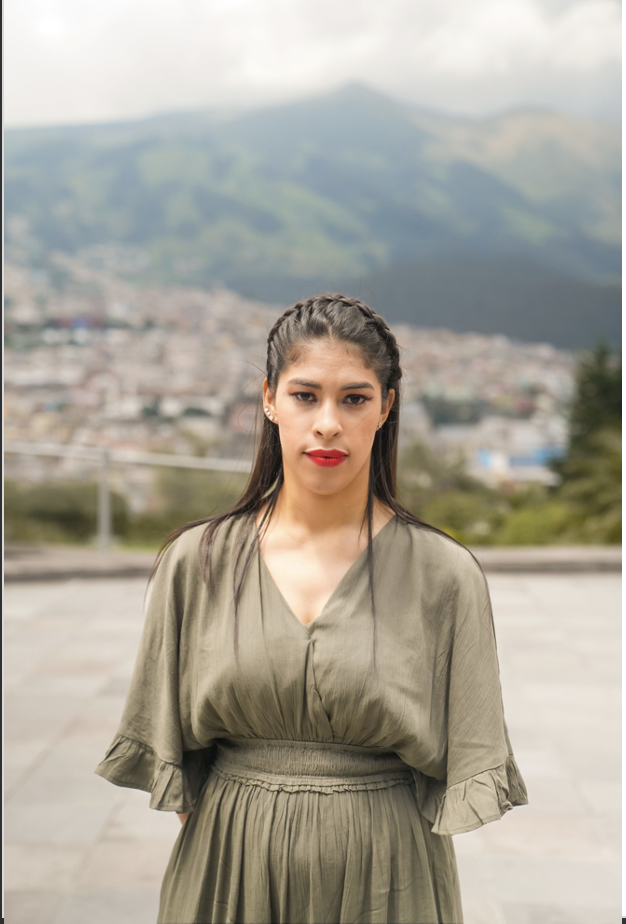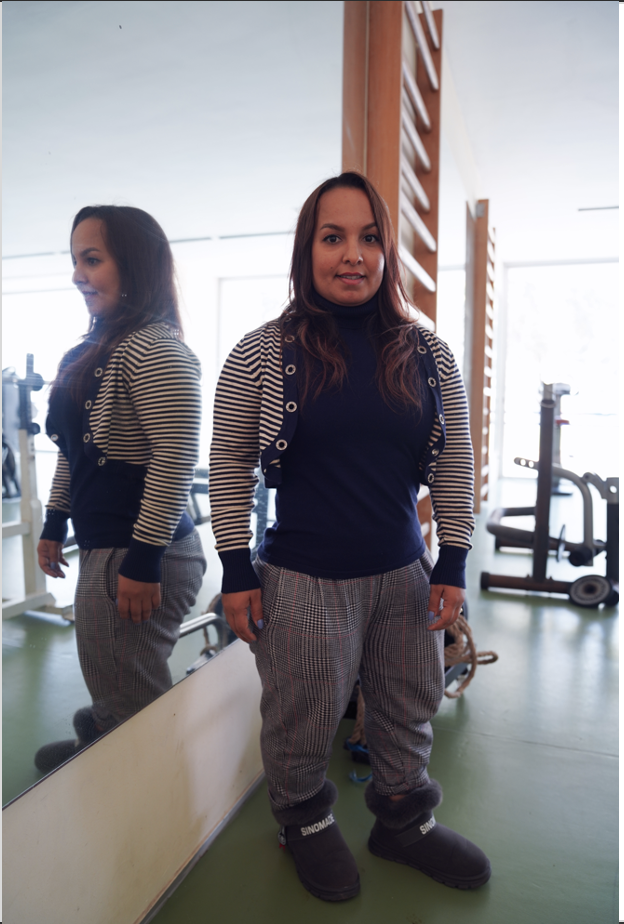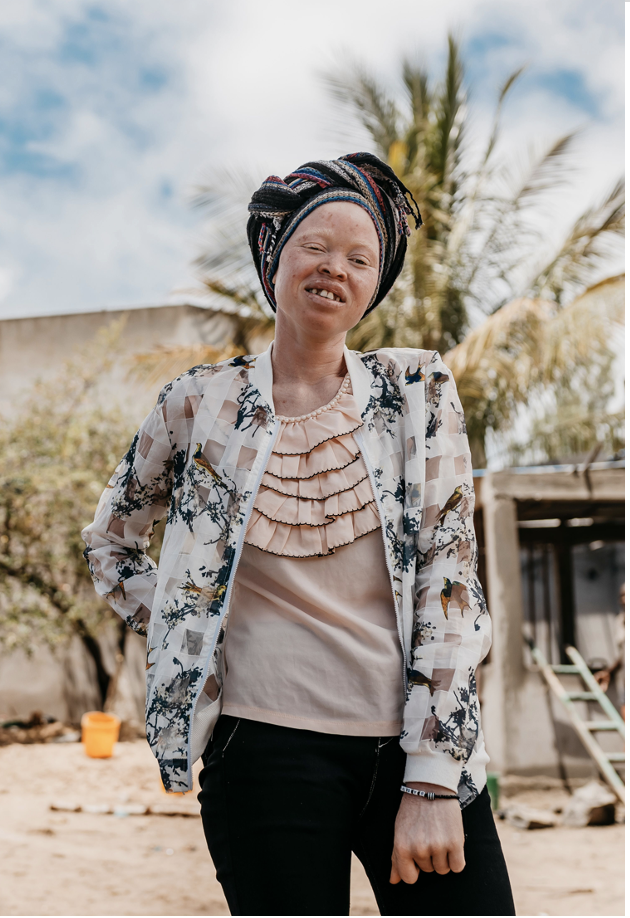Updates
Women and girls with disabilities say WE DECIDE!
15 Feb 2022
Updates
15 Feb 2022
OSLO, Norway - For women with disabilities, “activism is a daily thing,” said Irene, 29, who wears bright red lipstick as a form of self-expression and activism – a way to fiercely show up in the world. “We assume women with disabilities do not dress up, are not sexy. I have to change that perspective.”

For her, putting on makeup and dressing up is an act of empowerment. “It goes beyond talking and saying how things are.”
Irene, who has cerebral palsy, is part of the exhibition “WANTED: a world for one billion,” showcasing the lives of people who live beyond their disabilities and ignite change for themselves and future generations on display during the Global Disability Summit in Oslo, Norway and online.
The exhibition, a series of 12 portraits accompanied by personal stories of women and young persons with disabilities around the world, was assembled by UNFPA to raise awareness around their sexual and reproductive health and rights and bodily autonomy.
Others featured include Bastina, Lobna, Marilia, Ahmed and Hayat who are also using their voices to share their experiences. They are from Ecuador, Morocco and Mozambique where UNFPA has developed WeDecide, a programme supported by Spain that advances the social inclusion and participation of women and young persons with disabilities in preventing and addressing gender-based violence.
Women and girls with disabilities are more likely to experience gender-based violence and have less access to sexual and reproductive health and rights services and information such as menstrual hygiene, family planning and comprehensive sexuality education, which can prevent unintended pregnancies and sexually transmitted infections.

WeDecide promotes the human rights of women and young persons with disabilities and places access to sexual and reproductive health services, information and education for persons with disabilities at the core of the programme.
Around the world, people with disabilities are working for change to promote accessibility, participation and inclusion.
Hayat, 25, from Morocco, won a bronze medal in the discus throw event at the Tokyo Paralympic Games in 2021. “For me, nothing is impossible,” she said. The ability to decide for herself has made all the difference: “I always try to consult others. However, I always try to make the right decision for me, which allows me to be free... In the end, I’m the one who makes the decision I feel comfortable with.”
Women and young people with disabilities must be supported in making their own decisions, exercising their right to bodily autonomy and living up to their full potential, which is at the heart of WeDecide. "Spain is committed to the rights of persons with disabilities, particularly women and young persons with disabilities,” said Mr. Antón Leis García, Director, Spanish Agency for International Development Cooperation (AECID). “At AECID, we view inclusion as a critical path to achieving human rights, gender equality and sustainable development. This is why for the last several years, we have supported UNFPA and the We Decide Programme, which centres on issues that are fundamental to a person's life."
